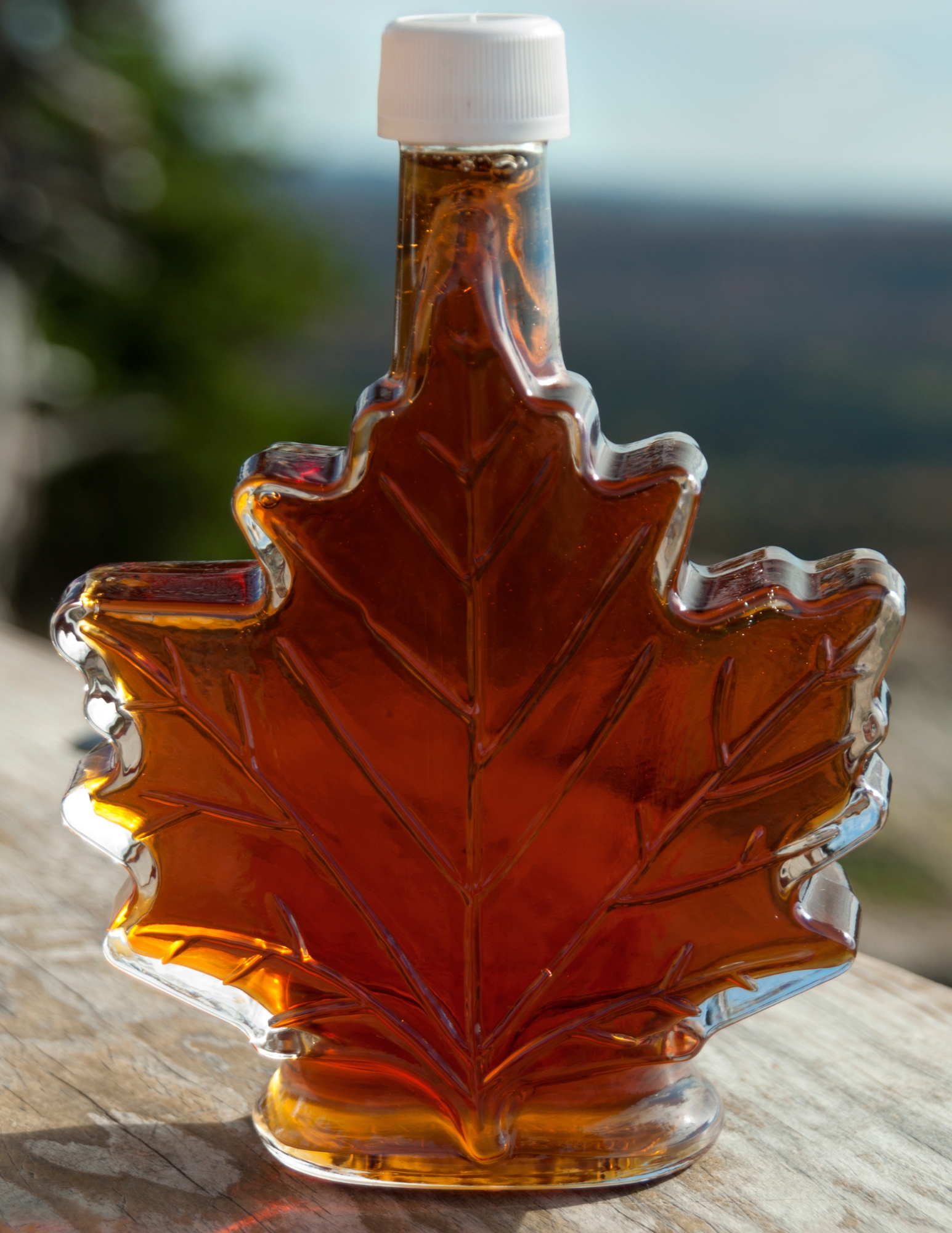
Evaluation of isopropyl alcohol for the sanitation of maple sap collection systems

In 2009 and 2010, trials were conducted at six maple sugarbushes to
assess the efficacy of 70% isopropyl alcohol (IPA) in conjunction with
vacuum for the sanitation of maple sap collection systems, in comparison
with sodium hypochlorite solution at 600 ppm (SH) pushed with air in
the system. The results obtained by ATP bioluminescence demonstrated a
notable reduction in
internal surface contamination of the sap collection system when IPA was
utilized, with a sustained effect observed and after a few months
following the treatment, in accordance with the established procedure. A
reduction in contamination was observed for all systems evaluated and
all types of surfaces tested (mainlines, lateral lines, droplines and
spouts). Nevertheless, the
performance of the SH was only observed following a brief period (two
days) after the treatment. Following an extended period (several
months), the systems treated with bleach solutions exhibited
contamination levels that were nearly equivalent to those observed prior
to treatment. This contrasts with the findings for IPA. Consequently,
sanitation with IPA represents an
efficacious method for maintaining low contamination levels in the sap
collection system. Further research will be conducted in order to
ascertain whether this practice affects the quality of maple products
and sap yield. As this IPA is flammable, it must be utilized and stored
in accordance with the established safety standards. (4010054-FIN-0411)